How can photography help refugee men talk about mental health?
Refugees face many threats to their mental health, from the trauma of being forced to leave their home, to the loneliness, financial insecurity and discrimination they may face in their new country. At the University of Victoria in Canada, Dr Nancy Clark has been working with Syrian refugee men to explore their experiences of resettling into life in a new country. The team is using photography to understand Syrian refugee men’s experiences of integration, employment and affects to their mental health.
Talk like a community-based participatory action researcher
Discrimination — unfair treatment due to a person’s race, nationality, religion, gender, disability, age, etc.
Mental health — a state of well-being in which a person realises their own abilities, can cope with the normal stresses of life, can work productively and can contribute to the broader community
Gendered — socially constructed roles based on a person’s gender or sex
Immigrant — a person who has moved to a different country
Integration — the process of ‘fitting in’
Masculinity — societal ideas of what characteristics and behaviours men should have
Peer researcher — a member of a research team who has lived experience of the issue being studied
Photo-elicitation — a research method that uses photos to stimulate discussions
Photovoice — a research method in which participants take photos to translate their experiences into knowledge and to promote action
Refugee — a person who has experienced forced migration as a result of war, climate change, persecution or other factors, and who requires protection
Resettlement — the formal and informal processes of an immigrant’s integration
Social determinants of mental health — social, economic, gender, education or other factors which influence an individual’s mental health
Underemployed — working in a job for which a person is overqualified
Since the Syrian civil war began in 2011, more than half of Syrians have been displaced from their homes, creating one of the largest refugee crises in modern times. While most Syrian refugees live in surrounding countries, including Turkey, Lebanon and Jordan, over 44,000 have settled in Canada. Not only must refugees deal with the trauma of being forced to leave their homes, but they must then overcome the challenges of adapting to life in their adopted country. The process of resettlement has many challenges, such as integrating to a new culture, understanding the language, and finding employment, housing and social support.
At the University of Victoria, Dr Nancy Clark is working with Syrian refugee men to understand their experiences of accessing employment and effects on their mental health and well-being during resettlement in Canada. She is using community-based participatory action research and photovoice methods to uncover how their employment status impacts their mental health.
A key aspect of this project is that Syrian refugee men are active research collaborators, rather than research ‘subjects’. Historically, research has treated marginalised communities as objects for study, rather than working with them to find solutions to problems. Nancy’s research team includes peer researchers (Syrian refugee men who are helping to lead the project), research participants (Syrian refugee men who are sharing their experiences of employment and mental health during resettlement), employment and settlement counsellors from Options Community Services (a not-for-profit organisation that provides support to immigrants in Canada), mental health specialists and academics.
What challenges do Syrian refugee men face in Canada?
“Syrian refugee men face many challenges during resettlement in Canada,” says Nancy. “Our research shows that they experience language barriers, stress, time pressures, isolation at work and difficulties in finding a sense of cultural belonging and identity.” Culturally, the need to provide for their family is a high priority for Syrian men, but finding well-paid work is not easy for newcomers. While many of the men involved in the research project had highly skilled careers in Syria, including in civil engineering, architecture and dentistry, they have been unable to continue working in these roles in Canada. This may be because Canadian employers do not acknowledge their experience, skills and qualifications, or because they are excluded from work opportunities due to discrimination.
“This means many Syrian refugee men cannot work in their occupation of choice,” explains co-investigator Dr Carla Hilario. “Instead, they are forced to take low-skilled minimum wage jobs for which they are often over-qualified, such as driving delivery trucks or working on factory assembly lines.” Among Syrian refugees in Canada, those with higher levels of education report having lower job satisfaction and poorer mental health, as they are more likely to be underemployed.
As the jobs available to them are low paid, many Syrian men are forced to work multiple jobs to make ends meet. This leads to additional challenges as refugee men attempt to adapt to their new life in Canada, and working long hours reduces the time available for integration efforts and activities that promote mental health. “Refugee men are less likely to attend English language classes than refugee women, due to the gendered pressure to earn an income,” says research assistant Muna Zaidalkilani. Without the opportunity to learn the local language, integration into the local culture and community becomes much harder, and better-paid jobs remain out of reach.
“Economic integration is a key social determinant of mental health,” says research assistant Eli Verdugo. “Studies have found clear links between low income, financial insecurity and poorer mental health, highlighting the need for refugees to have access to meaningful work.”
The power of photography
Encouraging people to talk openly about their vulnerabilities is difficult at the best of times. “Cultural ideas of masculinity make it particularly challenging to discuss Syrian men’s mental health issues,” Nancy says. “That was why we turned to photovoice methods.”
To initiate discussions about mental health, the Syrian refugee men involved in the project took photos representing their experiences of employment and mental health in Canada. Many took photos while travelling to or from work, often of sunrises and sunsets, highlighting the long hours they work. Photos of things that help the men relax and relieve stress, such as hikes and picnics with family and friends, were also common. These photos became a starting point to encourage the men to talk about their lived experiences during photo-elicitation interviews, by drawing out what the photos represented and meant to them.
“Photovoice methods give a voice to social justice issues through the power of photography,” explains peer researcher Meer Mahmoud. “Such methods are particularly valuable for helping people express complex concepts, such as mental health.” As a participatory research process, photovoice is a form of storytelling that aims to equalise the power balance between researchers and community members. “Syrian men are the knowledge holders,” says peer researcher Ned Izdden. “We decide how we want our stories to be told.”
What has the team discovered?
Although the men in the project came from different religious backgrounds, ages and educational levels, there were common themes in their photos. These reflected the similar barriers they have all faced when accessing employment and integrating into Canadian society, and the similarities in things that supported their mental health during their resettlement.
“Loneliness was a common theme, both within and outside work environments,” says peer researcher Elias Moses. The men miss friends and family back in Syria, as well as the cultural and social aspects of their lives in Syria before the war. Some feel excluded in their jobs in Canada, as colleagues and employers discriminate against them due to their lack of English or their accent. The greatest sense of connection and support comes from family and social networks, through new friendships, religious communities and connections with family and friends left behind.
“The men wanted to develop a digital storybook that can be given to employers and employment counsellors, to share their voices and experiences in the hope of influencing more inclusive workplaces and better employment opportunities,” says Nancy. The team hopes this research will lead to improved employment for refugee men, who have a gendered responsibility for providing for their families, while integrating into a new culture.
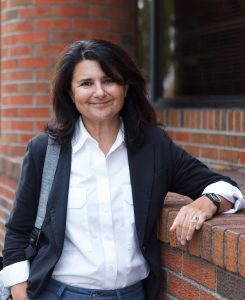 Dr Nancy Clark
Dr Nancy Clark
Director of Social Justice Studies, School of Nursing, Faculty of Human and Social Development, University of Victoria, Canada
Fields of research: Social justice, refugee mental health, community-based participatory action research, social determinants of mental health, forced migration, intersectionality
Research project: Exploring Syrian men’s mental health and participation in labour employment: A community participatory arts-based project
Funder: This article draws on research supported in part by the Social Sciences and Humanities Research Council of Canada (SSHRC)
About community-based participatory action research
Community-based participatory action research (CBPAR) is a research framework that focuses on equity and social justice, aiming to give a voice to communities and work towards positive social change. “CBPAR involves fostering meaningful participation from all involved,” explains Nancy. “We advocate for an inclusive process that leverages the strengths of all participants, with the end goal of positive social change.” In practice, this involves actively engaging community members in all aspects of the research, from developing research questions and deciding on data collection methods to analysing results and disseminating findings.
Why is it important that people with lived experiences are involved in research about the issues that affect them?
Nancy explains that for research to make a meaningful change, it is important to include people with lived experiences as much as possible. “Our peer researchers were essential for the project!” she says. “They played an integral role in understanding Syrian men and culture, addressing language barriers and building trust.”
As Syrian men who have settled in Canada, Ned, Meer and Elias brought their personal experiences to the project. “We act as a vital link between the research team and our participants, offering essential support and guidance throughout the research process,” says Ned. As Elias explains, “We have shared backgrounds with the participants which helps build trust, which is crucial for collecting authentic and meaningful data.” Ned, Meer and Elias helped recruit research participants from the Syrian community in Canada, conducted the research interviews, provided interpretation and translation services, and supported the men.
“Many researchers forget that community members are knowledge holders,” says Nancy. “They bring unique knowledge and perspectives that can improve both the research process and its impact.” Peer researchers are, therefore, essential for meaningful CBPAR. “Policy interventions often lack the voice of the people affected by the issues they are trying to address,” says Nancy. “We want to ensure that our research respects the voices of the Syrian refugee men involved and provides meaningful outcomes for them.” Through the research process, the men all developed relationships with each other, fostering connection and community.
Why is it important that CBPAR is tailored to the needs of the community?
CBPAR should be culturally tailored to the preferences of the individuals involved to ensure it is inclusive. “For example, our workshops always involved food,” says Nancy. The team purchased food from a nearby Syrian bakery to share with the men, which created a sense of community among the team. “We also had to consider that some men had to pray at the nearby mosque during the day, so we allocated breaks in the workshop schedule to accommodate this.” As reciprocity is a key aspect of CBPAR, all participants were compensated for their involvement in the project, with the team paying for their travel and childcare support during the workshops and interviews.
Meet the team
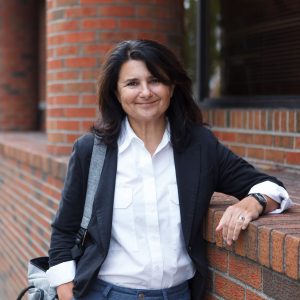
Dr Nancy Clark
Project leader
When I came to Canada as a young child, I experienced severe racism and discrimination. As a Palestinian immigrant, my father struggled to continue his degree in political science when he arrived in Canada, and instead spent most of his life working as a labourer, painting houses. Both my parents were unable to work in their chosen fields, and I saw the toll this had on their mental health and well-being. As a result, I have devoted my professional career to supporting those who do not ‘fit in’, specifically people who experience forced migration and are affected by social determinants of mental health.
I studied nursing because I was interested in health and helping people who are marginalised. After years of working as a community mental health nurse, I am passionate about getting to the root causes of mental health issues and uncovering the factors that support mental health.
I was inspired to investigate the gendered experiences of migration because most refugee research focuses on women. While working with Karen refugee women from Myanmar and Thailand, I realised that men’s experiences of immigration were very different. Having access to meaningful employment is especially important for men’s mental health due to masculine ideals and pressures of providing for their families. Resources and support should be equally accessible to the whole family.
I hope to make a significant contribution to advancing health equity for refugees. I intend to advance my research in addressing the social determinants of refugee mental health and, importantly, I aim to improve health systems and services.
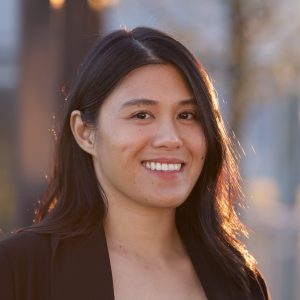
Dr Carla Hilario
Co-investigator
Reference
https://doi.org/10.33424/FUTURUM454
View the team’s digital storybook to explore the Syrian refugee men’s photos and stories: https://onlineacademiccommunity.uvic.ca/nancyclark/wp-content/uploads/sites/5330/2023/12/Syrian-men-storybook.pdf
Watch the team’s video of Syrian men sharing their experiences of resettling in Canada: www.youtube.com/watch?v=XA5lPpMayck
I was inspired to study nursing because of my mother, who had multiple health issues. But also because I wanted to understand how I could improve people’s experiences of health and illness. As a health researcher, I have examined the social context of mental health for young immigrant men in Canada. I am excited to be part of this project as it aims to support the mental health of refugee men, and I am motivated by the potential impacts it will have on individuals.
I contributed my experiences and expertise in qualitative and arts-based methods to this project. In my previous research, I have used photo-elicitation and participatory videos to explore mental health issues.
I really enjoy seeing the photos that the Syrian men took. These photos illuminate the conditions they face and highlight aspects of their lives that influence their mental health.
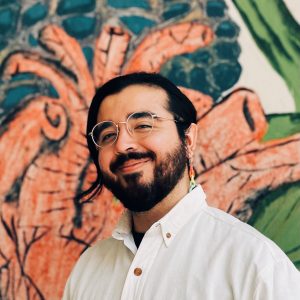
Eli Verdugo
Research assistant
I am a master’s student studying the social determinants of health. I joined this project because I believe that community-based research is key to addressing inequalities. It is essential for understanding the experiences of different populations, especially those who have historically been marginalised, such as people with forced migration experiences. I believe this study has the potential to raise awareness of the experiences of Syrian refugee men and to promote change.
Getting to know the study participants has been hugely rewarding. Although I don’t speak Arabic, it has been wonderful to connect with the men and to enjoy Syrian food and music together. Seeing their photos and listening to their stories has been very moving, and I believe that if we can raise Syrian refugee men’s voices then we can change the perspectives of employers and service providers in Canada to better support them.
I founded La Paz es Diversa, a community support group and non-profit organisation, to promote LGBTQ2+ rights in my hometown of La Paz and in the wider state of Baja California Sur, Mexico. As a queer person, I am passionate about providing safe spaces and support for queer youths. As a researcher, I hope to increase knowledge about LGBTQ2+ issues that helps my community and contributes to public policy changes.
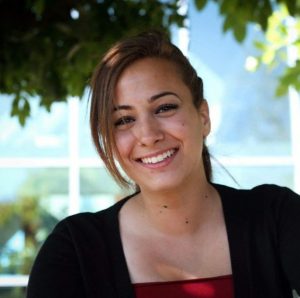
Muna Zaidalkilani
Research assistant
I have spent many years serving refugees as they settle in Canada. Having noticed that there is a critical gap in the provision of mental health support for refugees, and witnessed the implications of this, I was eager to join this project as it provides the opportunity to address this critical need.
It has been rewarding to see how we have created a safe, non-judgemental space for Syrian men to share their stories and express their creativity, and to learn how it has fostered a profound sense of belonging among the men.
Canada has become my new home, and I relish the natural beauty, freedom, high quality education and ability to make a positive impact that I have access to here. However, I miss the warm camaraderie of the people in Jordan, the singing birds, my mother’s Palestinian homecooked food and the breezes of our region.
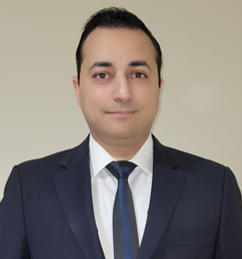
Elias Moses
Peer researcher
I believe in the power of research to drive positive change and to improve the lives of marginalised communities. I was motivated to join this project as it focuses on human rights and disrupting negative narratives, which aligns with my values of promoting inclusivity and social justice.
The personal connections I’ve formed with the Syrian men participating in the research have been my highlight of the project. It has been incredibly rewarding to build trusting relationships and hear their stories. It is also inspiring to witness the potential impact of our research on policies and services aimed at supporting refugees, and it’s gratifying to know that our work could lead to positive changes in the lives of many people.
I work as a settlement and employment counsellor with Options Community Services, where I provide practical guidance and support to newcomers as they navigate the challenges of finding employment, accessing resources and adapting to a new culture. It is rewarding to support people in their resettlement journey as they become active contributors in their new community.
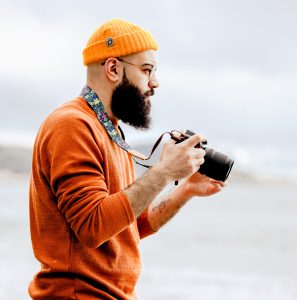
Meer Mahmoud
Peer researcher
As a Syrian refugee man who has settled in Canada, I was excited to join a research project that investigates the challenges I face in the labour market. I was also motivated to use photography as a medium to communicate and document the stories that Syrian men want to share.
I am passionate about photography, and one of my roles in the project was to teach photography skills to the participants. This was the first time I have had the chance to use photography and art to address real-life problems, which I find inspiring.
The sense of community and connection created among the project participants has been a highlight for me, as I really miss the connections and community I left behind in Syria. I also enjoy listening to the stories and learning about the experiences of men who come from the same place as me.
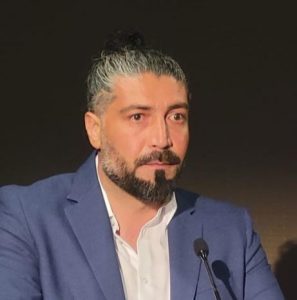
Ned Izdden
Peer researcher
Having personally experienced the challenges of settling in Canada, this research project resonates deeply with me. It has been eye-opening to witness the shared challenges faced by members of the Syrian community, regardless of their educational background, career or religion. Gaining insights into the current economic difficulties in Canada has deepened my understanding of these struggles, and it has been enlightening to recognise that understanding these problems is the first step towards finding viable solutions.
My feelings about Syria are complex and deeply rooted. When I came to Canada, I hoped to leave behind the trauma and memories of my past. I was eager to start anew, and I tried to distance myself from the Syrian community. However, I’ve come to realise that, like an olive tree, my roots run deep in my homeland. Uprooting myself may risk losing a vital part of my identity. I can’t escape my enduring connection to the Syrian community, as I share in its struggles, aspirations and dreams.
In Canada, I cherish the freedom to express myself, pursue my passions and engage with diverse cultures, and the natural beauty that surrounds me brings immense joy. But I yearn for my family, my neighbourhood, my city and the nostalgic memories of my life in Syria.

Options Community Services
“Options Community Services is a multiservice agency that provides a range of services and support to underserved and marginalised communities,” says Jenny Lam. This includes mental health, employment, education, housing and language learning support to help immigrants settle into their new life in Canada. This research project was developed in partnership with Options, which provided the space for hosting workshops, helped recruit participants and shared the knowledge and expertise of staff who work closely with Syrian men to help them achieve their employment goals in Canada.
The involvement of the Options team has been essential for the project’s success, and the Options team members themselves have also benefited from participating in the research. “I enjoyed the opportunity to be part of a project that focused on a very specific population,” says Iris Solorzano. “This allowed us to reflect on ways to use culture to support Syrian men as they overcome trauma and proceed on their resettlement and employment journeys.” As Jagjit Gill highlights, it was enlightening to hear the stories shared by the participants: “I have enjoyed seeing the growth that Syrian men have accomplished through their resettlement journey.”
“The knowledge gained from this research project will help our employment and settlement staff better understand the challenges faced by Syrian refugee men and customise our support accordingly,” says Rima Moubarak. Diana Delgado is committed to creating new services to better support refugee men as they settle into life in Canada. “As a woman, it was empowering to validate that fact that men also need support,” she says.
The workshops took place at Options Community Services, located in the traditional territories of the Semiahmoo, Katzie, Kwikwetlem, Kwantlen, Qayqayt and Tsawwassen First Nations. The Truth and Reconciliation Commission of Canada exposed the terrible legacy of the Indian Residential School System and the on-going trauma for survivors. The ongoing legacy of colonisation has impacts for refugees and other newcomers who have also been forced away from their homes and given minimal options to build a new life.
The team’s top tips
• Remember that diversity is a strength. Appreciate and respect the cultures around you, and embrace your own cultural roots with pride, as they are an essential part of who you are.
• Take care of your mental health. Remember, it’s okay to ask for help, so reach out to professionals or support groups if you ever need support.
• Continuously strive to become a better version of yourself, and surround yourself with people who believe in you, motivate you and make you think critically.
• Don’t fixate on a rigid plan. Instead, be curious and flexible, follow your intuition and be ready to explore new areas of life.
• Take control of your destiny. Aim to be a decision-maker in your life’s journey, rather than a passive follower.
• If you are embarking on a resettlement journey, seek support from community organisations, settlement agencies and fellow newcomers to help you adjust and adapt, and take advantage of any resources and services that will help you achieve your potential. Take time to find local not-for-profit organisations where you can develop social support systems to practise your language skills and develop friendships.
Do you have a question for the team?
Write it in the comments box below and the team will get back to you. (Remember, researchers are very busy people, so you may have to wait a few days.)

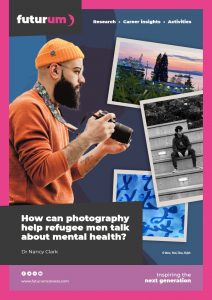
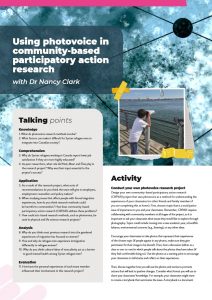
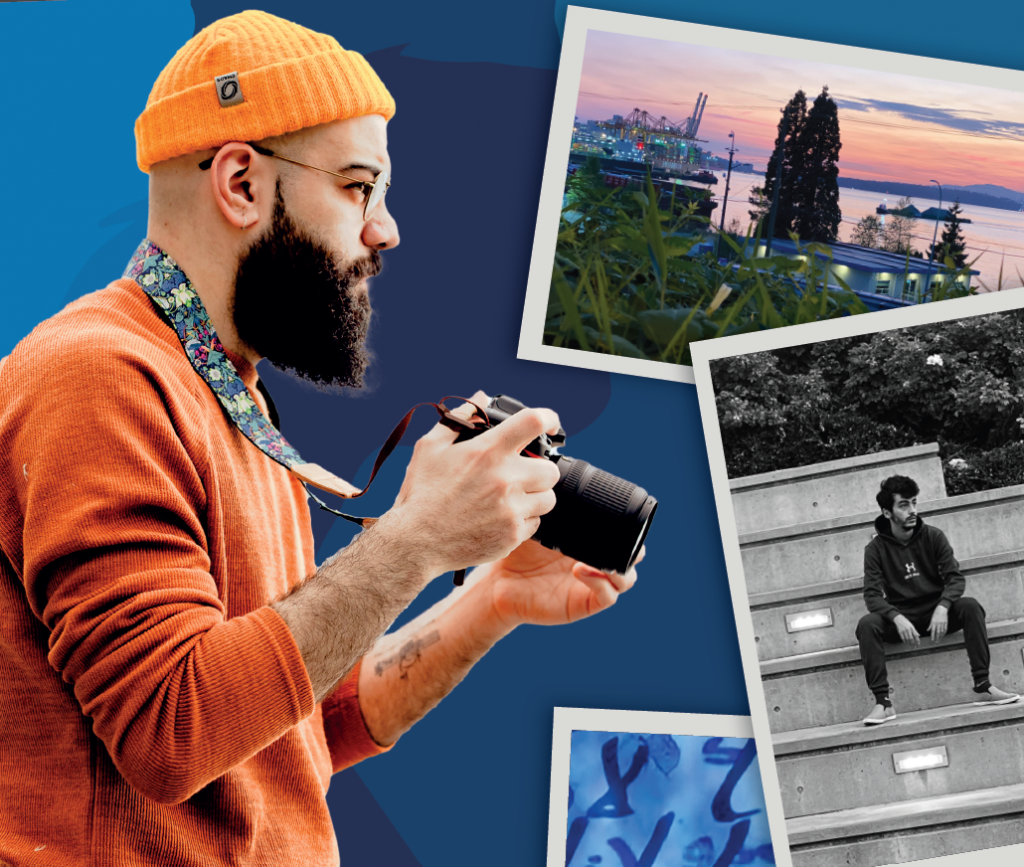
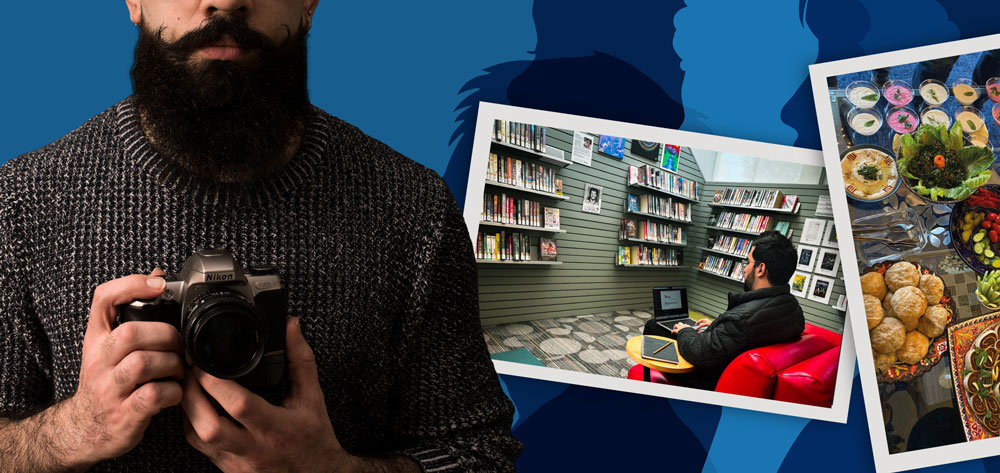
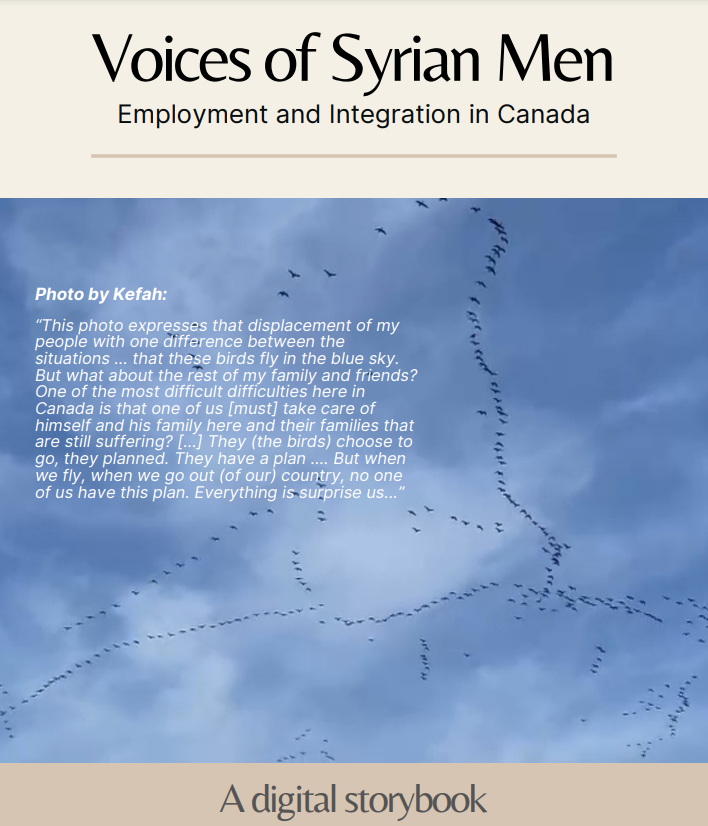
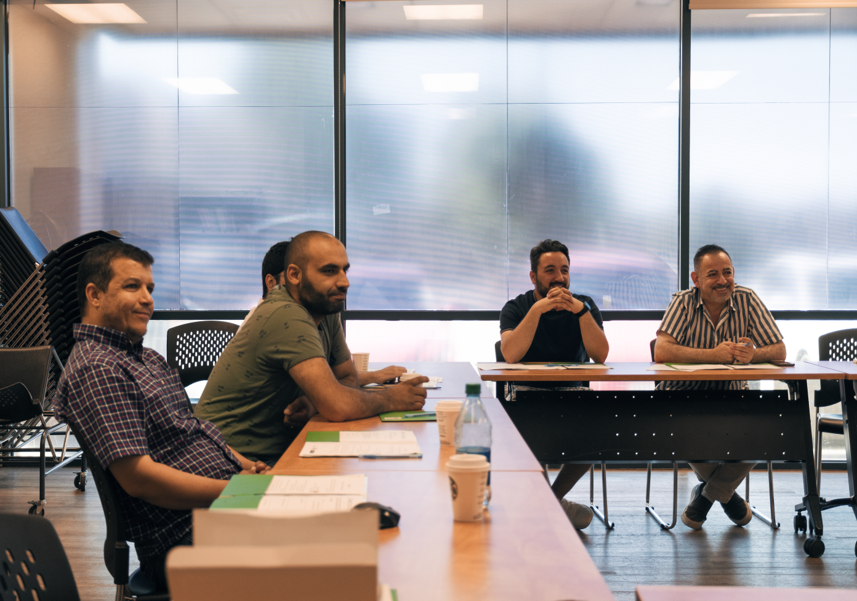
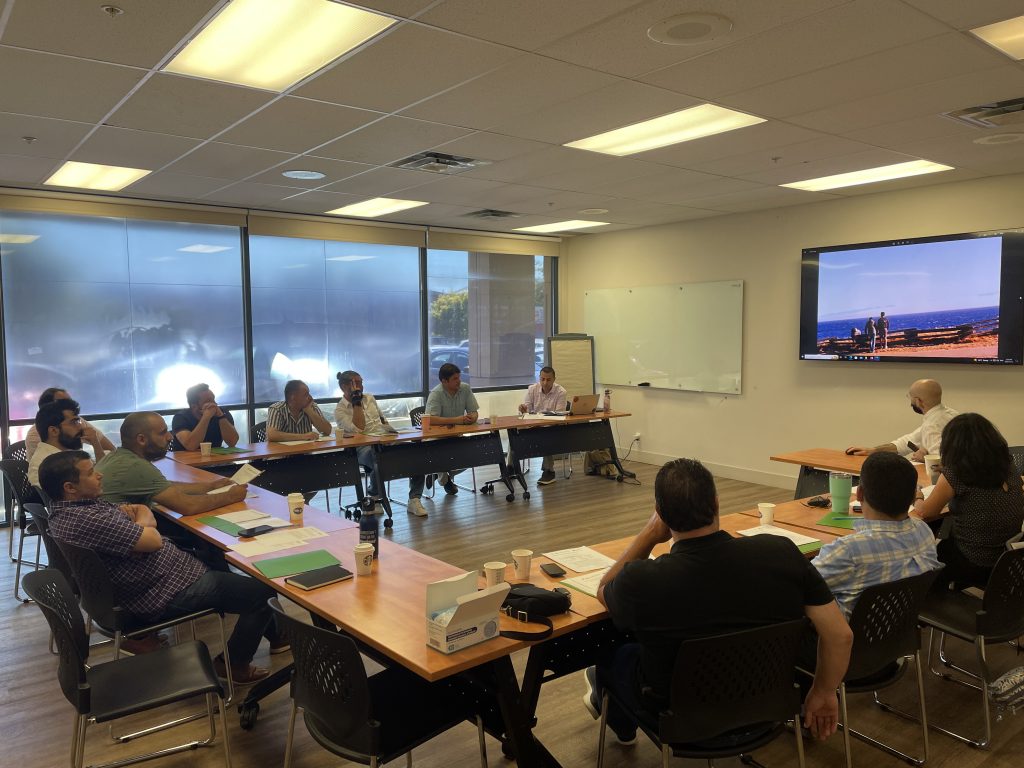
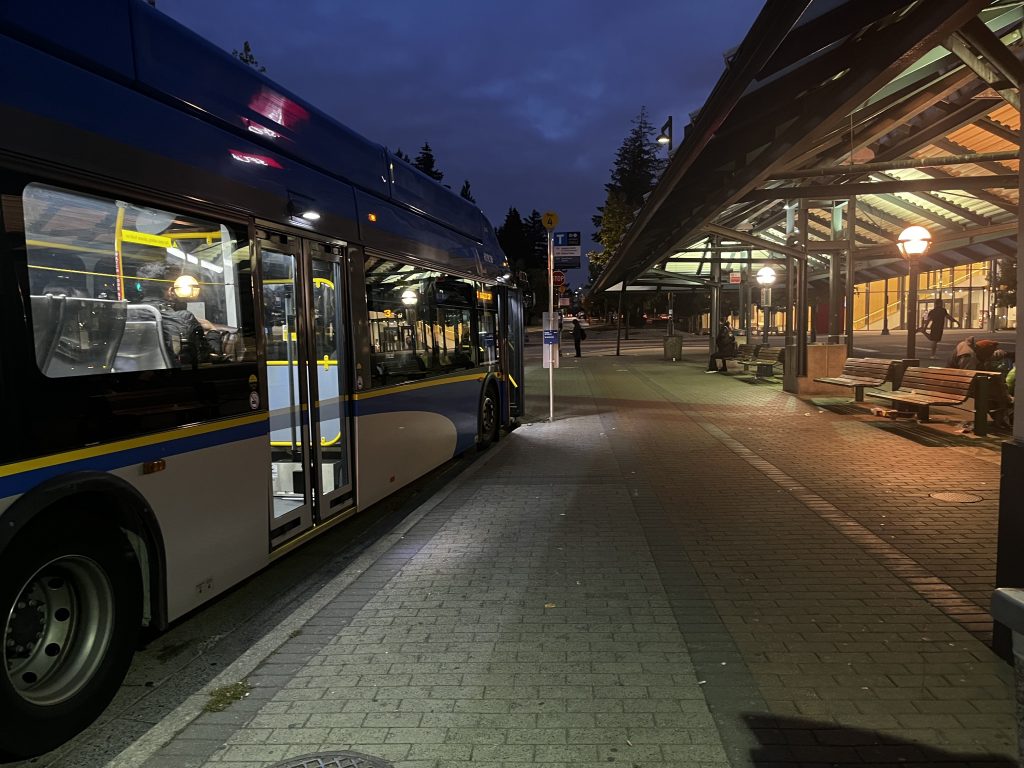
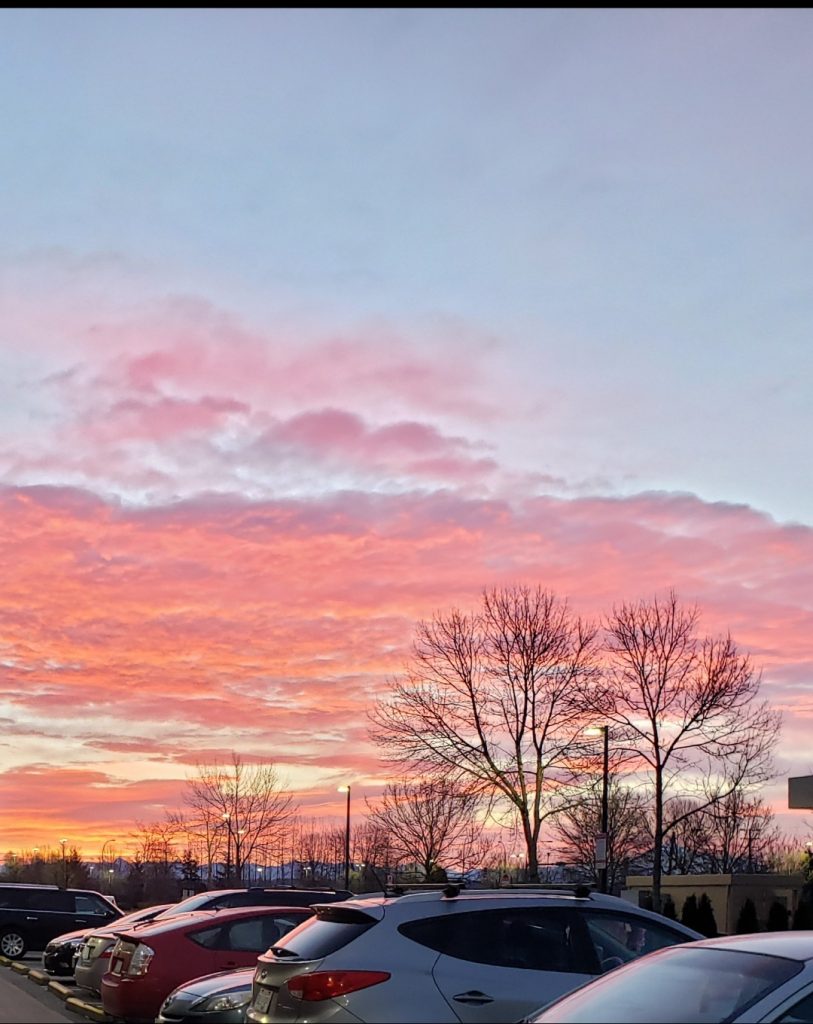

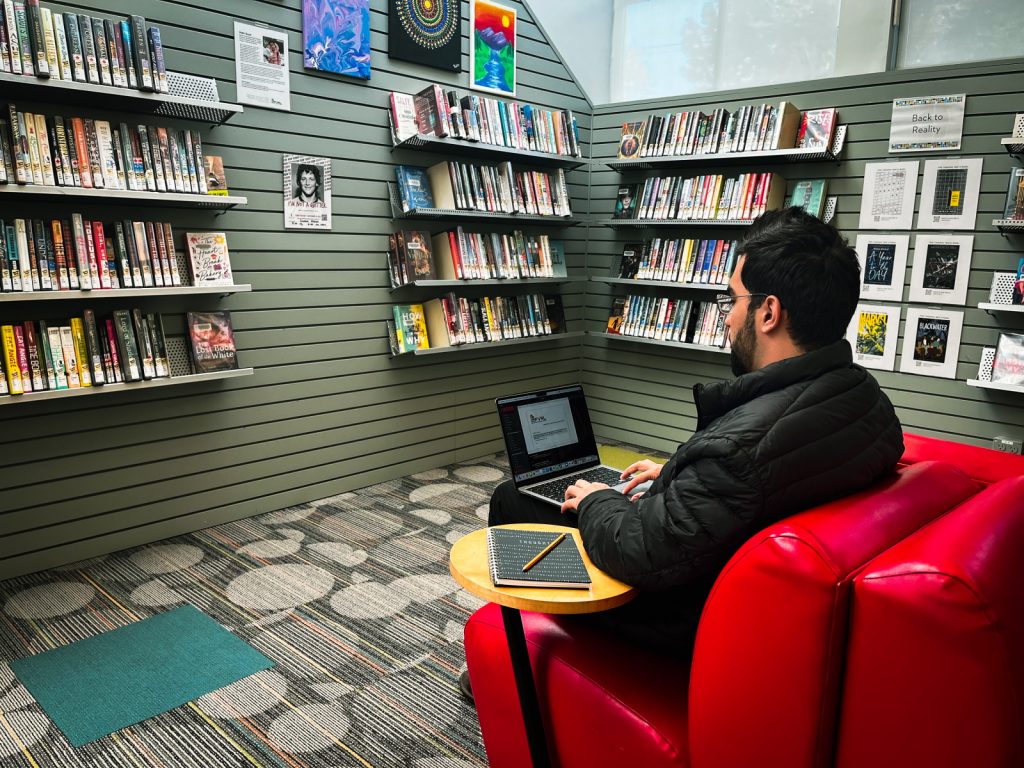
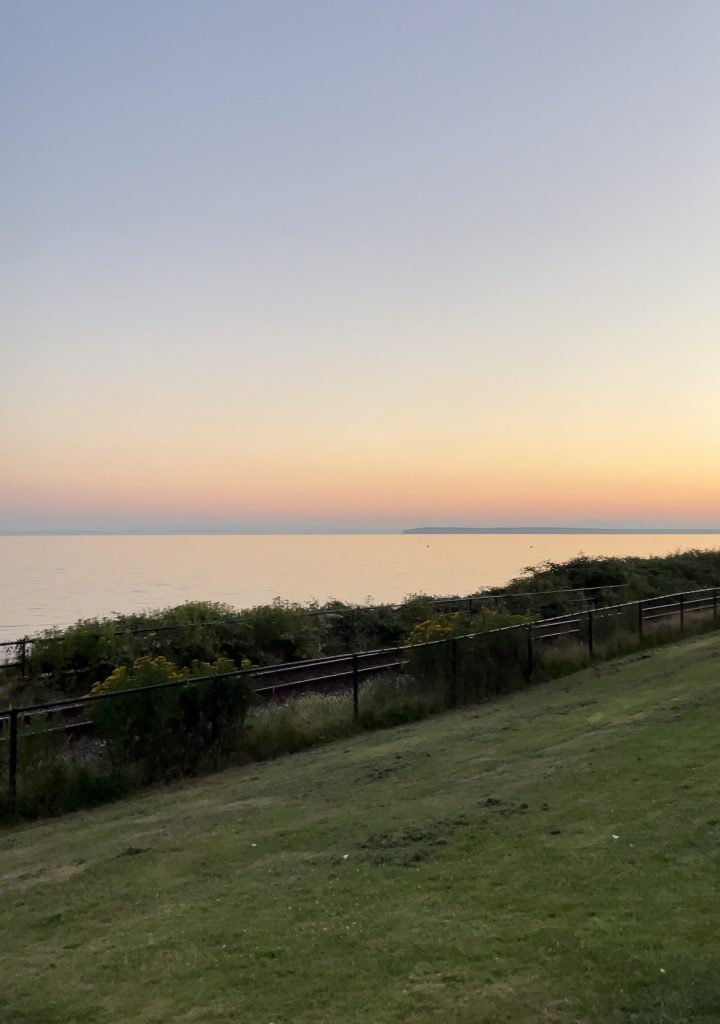
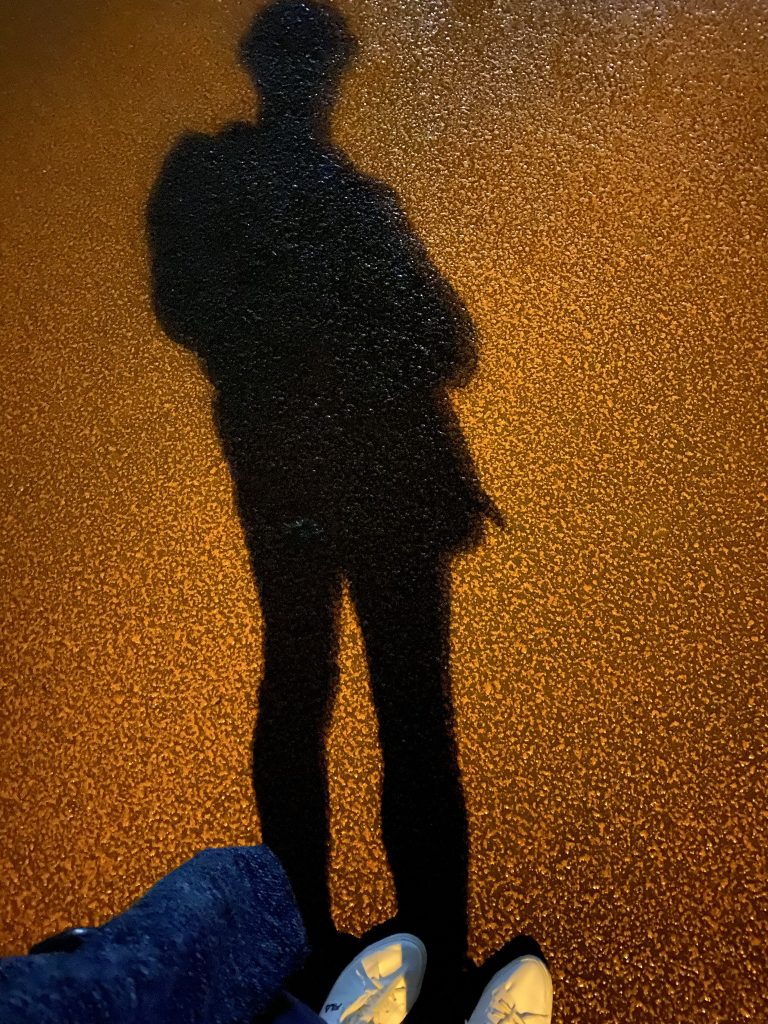
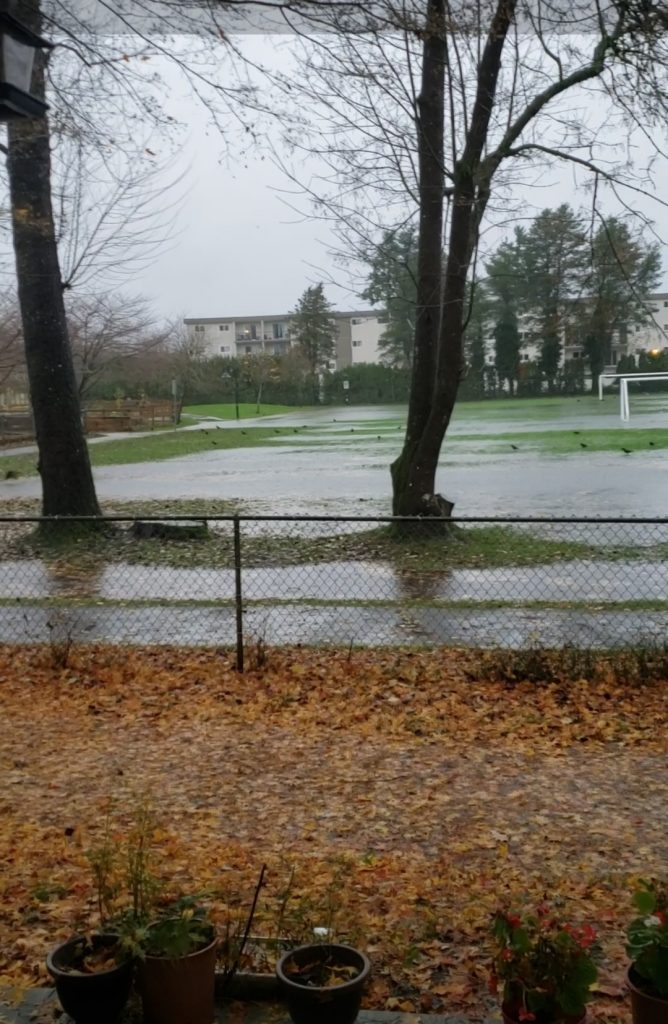
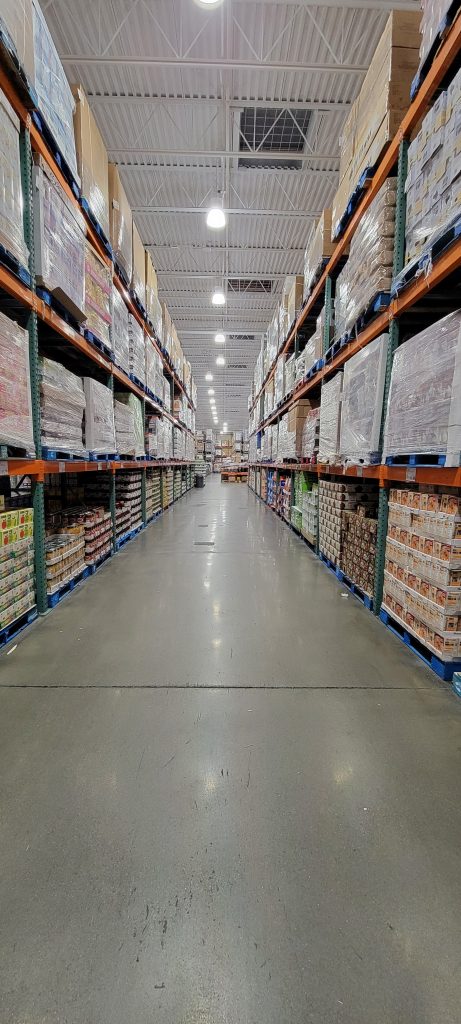
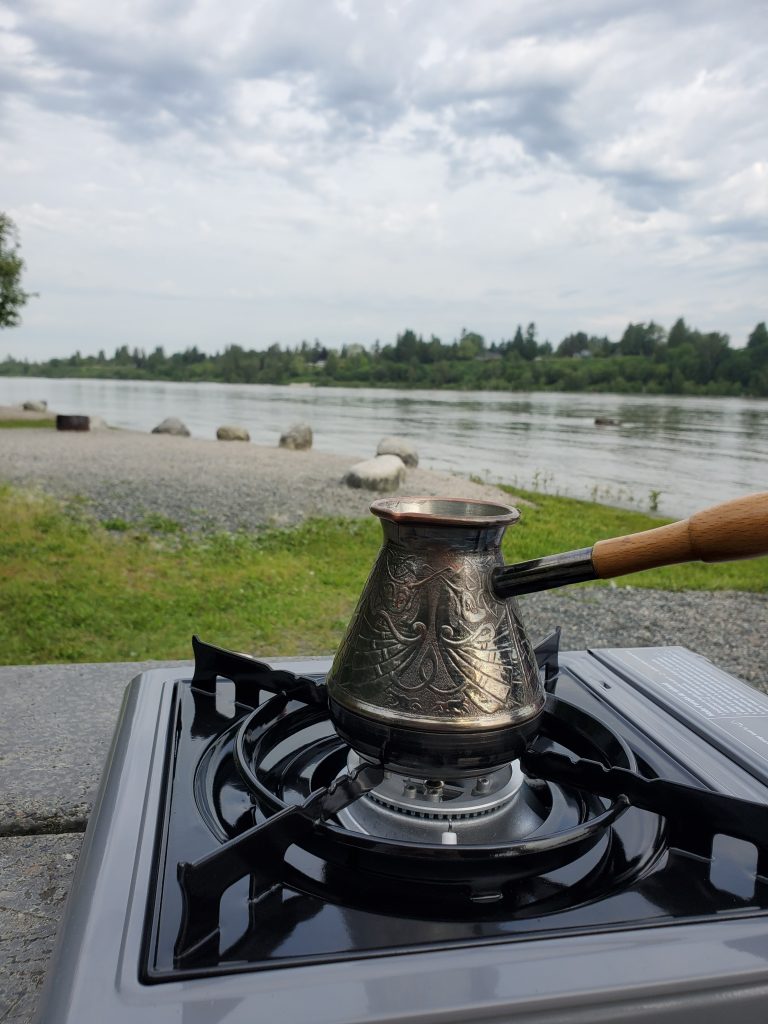
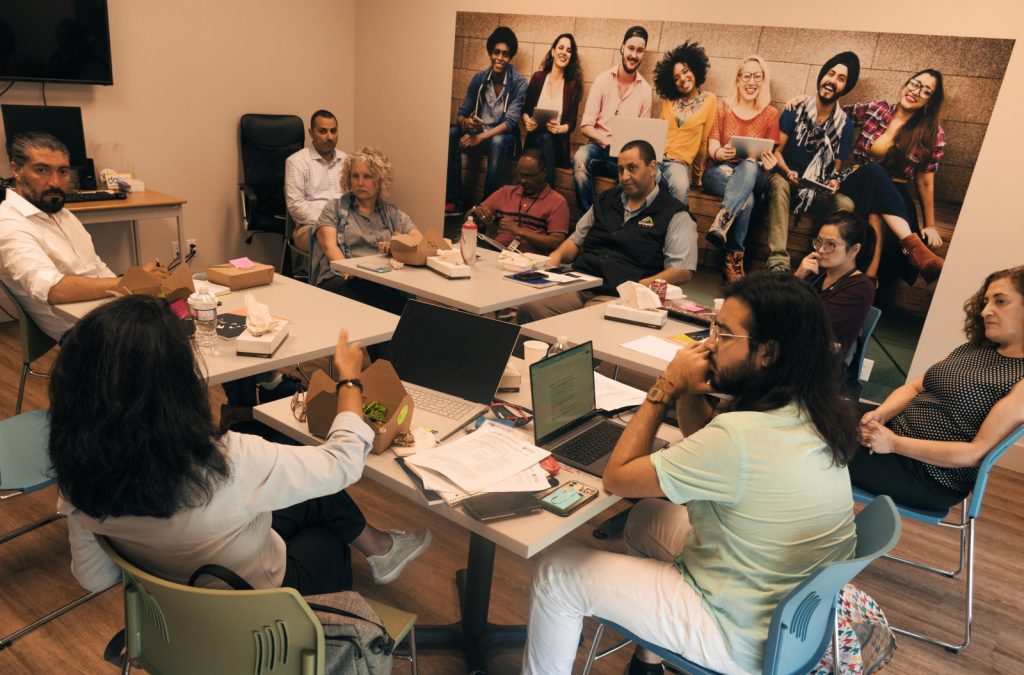
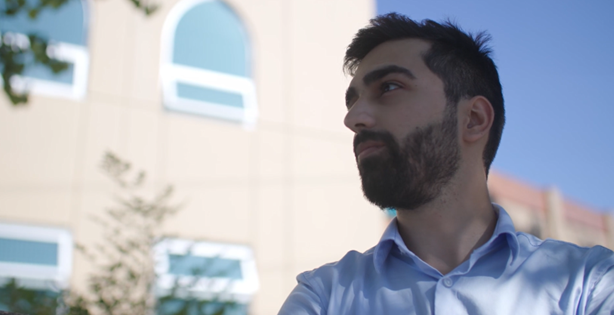


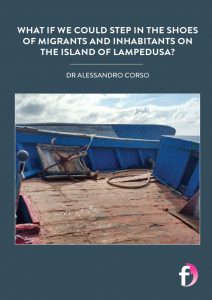
0 Comments